Oxam official: 'What's happening at the border is a humanitarian and human rights crisis, and we need to find humanitarian and human rights solutions to it.'
Human rights organisations have criticised Poland's decision to temporarily suspend the right for migrants arriving via the border with Belarus to apply for asylum, fearing it may worsen the current humanitarian crisis.
"What has already been a de facto reality at the Poland-Belarus border for the past three years may be further institutionalised with the implementation of the new law," Oxfam wrote in a report published last week.
Polish President Andrzej Duda, cemented the legislation after signing off on it on Wednesday after previously criticising it, and said the decision was "necessary for strengthening the security of our borders."
The implementation of the law comes at a time when Poland is strengthening the external border of the European Union, in an effort to protect itself from Russia and Belarus' alleged use of migrant flows into the EU.
Poland has accused Minsk of offering easily obtained tourist visas to people from fragile countries in Africa and the Middle East, and sending the influx of people to the Polish border in an effort to destabilise Poland and sow chaos.
The route from Belarus to Poland via the Białowieża Forest first became popular in 2021.
Warsaw authorities are convinced the campaign has been orchestrated by Belarusian President Alexander Lukashenko in retaliation for sanctions the EU imposed on his country in the aftermath of the controversial 2020 presidential election, widely dismissed as neither free nor fair.
Lukashenko, they say, gives orders in conjunction with Russian President Vladimir Putin, who has allegedly tried multiple ways to punish the bloc over its continued support for Ukraine.
The border area is notorious for its dangerous terrain and harsh conditions, including exposure to freezing winter temperatures, inadequate access to food, shelter, and aid. Paired with physical barriers imposed by the Polish government, the forest has become a trap for people traveling to the border, often resulting in a significant number of injuries, disappearances and fatalities.
Additionally, testimonies by humanitarian organisations, journalists and migrants provide substantial evidence of widespread human rights violations by both Polish and Belarusian border guards.
"What's happening at the border is a humanitarian and human rights crisis," Oxfam's Ukraine Advocacy Lead, Sarah Redd, told Euronews.
She said that by looking at the problem from a national security perspective, Poland is failing to look at the situation "as a humanitarian and human rights crisis," which requires "humanitarian and human rights solutions."
"People should be able to apply for asylum, irrespective of the political game at hand. This is why we have laws in place, to uphold norms irrespective of the politics," she said.
What is a pushback?
"Poland has adopted a policy of pushbacks despite this being illegal under international law, European law and the Polish constitution," Oxfam said in its report.
A pushback, the act of forcing migrants back across the border without an individual assessment on their protection needs, is considered a violation of the principle of non-refoulment embedded in both international and EU law.
This forbids states from deporting people to a country where they may face threats to their life or freedom.
Initially, the European Commission voiced its disapproval of Tusk's proposed law, reminding EU member states of their "obligation to provide access to the asylum procedure. However, two months later, Brussels unexpectedly changed its stance and issued a new statement, now permitting member states to "act decisively" to "guarantee security and territorial integrity."
"We have taken another decisive step to support our frontline Member States in countering hybrid threats from Russia's and Belarus' unacceptable weaponisation of migration," European Commission President Ursula von der Leyen said.
While Brussels approved Poland's contentious plan, the guidelines insisted measures implemented regarding asylum should be "proportionate" and "temporary", and "must respect fundamental rights and the principle of non-refoulment."
Tusk framed the bill as a necessary response to combat illegal migration flows he says are orchestrated by Russia and Belarus, which he called a "serious and real threat" to national security.
"[The Tusk government] has a really dangerous narrative based on securitisation and militarisation. They are starting to copy the narrative of hybrid war, this is what Belarus and Russia want. This is the justification for violation of rights – they are not asylum seekers, they are not humans, they are only weapons," Katarzyna Czarnota, a Research and Project Coordinator for Polish NGO Helsinki Foundation for Human Rights, warned.
The temporary suspension on the right to apply for asylum provides specific exemptions, including minors, pregnant women, individuals with special healthcare needs, those considered at "real risk or harm", and, perhaps surprisingly, citizens of countries such as Belarus.
Filip Rakoczy, a lawyer and board member at the Nomada Association, a Polish organisation that provides support to refugees, said making provision for accepting refugees fleeing Belarus was something President Andrzej Duda requested when the act was being prepared.
“He [Duda] asked that Poland would allow the Belarusians seeking refuge in Poland to be allowed to access the asylum procedure, because the Belarusian now I think are the second largest group of people asking for asylum in Poland,” he explained to Euronews.
However, human rights groups raised concerns about this provision, as it places the responsibility on border guards to determine who qualifies as "vulnerable."
"It's now up to individual border guards to make an assessment on the spot if somebody is part of a vulnerable group," Redd noted. She added that individuals belonging to these groups may not always be immediately identifiable.
Rakoczy said that the law does not outline the specific formal requirements that the border guard must adhere to when rejecting an application.
"There is no procedure on the refusal made by the border guard on accepting an asylum application," Rakoczy said. "All of this is now based on good faith from the government and border guards."
Speaking about humanitarian organisations' limited access to the so-called buffer zone, also known as the exclusion zone, Rakoczy said there are no external mechanisms in place, such as the presence of human rights organisations, to monitor the activities of border guards.
"We have no guarantees that the border guards are actually abiding by this new law," he warned.
The Exclusion Zone
In June 2024, a temporary buffer zone was established by the Polish government as an area that was off-limits to the general public.
"Its goal is to protect the general public from possible threats and to minimise as much as possible the burdens imposed on local communities and businesses," the Polish Ministry of Interior and Administration told Euronews in a written statement.
They declare "the regulations in force do not prevent humanitarian and aid organisations from disseminating information concerning life-threatening situations in the border area."
While the zone is not completely off limits to journalists and humanitarian organisations, it can only be accessed if an application is submitted beforehand with specific details on the intended entry, a requirement which humanitarian organisations feel restricted by.
Egala is an NGO that provides humanitarian aid, medical support and legal assistance to people on the move at the border. The organisation's Advocacy Lead, Aleksandra Gulińska, said the company was asked to provide a specific time and location on its application in order to enter the zone.
"It's impossible with emergencies, you get a call on your alarm phone, and you have to immediately go. It's not a functioning process to apply for access to that area," Gulińska said.
Poland's Interior Ministry claimed use of the buffer zone had led to a drop in attempted irregular border crossings by 64%.
"Since the buffer zone was established, the Border Guard recorded 6,130 irregular border crossing attempts. In contrast, in the 89 days preceding the introduction of the buffer zone, there were 17,030 such attempts," the ministry said.
However, the humanitarian organisations Euronews spoke to said that as a result of the exclusion zone, to which they are often granted little to no access, it is difficult to establish a clear picture of the situation. Instead, they rely on testimonies, or data provided by the We Are Monitoring Association.
"It's difficult to talk about the scale of this crisis and the scale of the crossings," Gulińska said. "The real scale is somewhere between our data and the government's data."
The zone is not a new concept, it was first established in 2021, when it was then called the Emergency Zone. The restricted area, which was initially set up for a 30-day period, was extended multiple times until it was officially lifted in June 2022.
In May 2024, a Polish soldier was fatally stabbed by individuals attempting to cross the border. His death, coupled with growing security concerns, prompted the reinstatement of the buffer zone on 13 June 2024.
Exactly a month later, on 13 July, Poland passed a controversial law exempting soldiers, border guards, and police officers from criminal liability for improper use of firearms at the border.
The rule came in place in an effort to "counteract acts of aggression perpetrated by migrants and cub the illegal activities of criminal organisations involved in trafficking people," the Interior Ministry said.
'Human rights are almost non-existent at this border'
The new firearm law sparked concerns from human rights groups, who believe it doesn't just pose a threat to migrants, but also humanitarian workers, residents, and border personnel.
"At this zone, we don’t know what is happening. So if any of the people cross the border and end up in the exclusion zone and are injured, we cannot not access to help them. And we are afraid to go in, especially given that the law would mean there would be no legal consequences for using weapons against us," Egala Field Officer Katarzyna Gmitrzak told Euronews.
Oxfam wrote, "workers from Egala observed that violence worsened from June onwards" and based off of testimonies, report instances of beatings, routine use of tear gas or pepper spray, mauling by dogs, uniformed personnel forcing people to cross razor wire fences or cold rivers, and confiscation of phones, money, and clothes.
"Human rights are almost non-existent at this border," Gmitrzak said.
She added that as a humanitarian aid worker, "it's a difficult role to play, when you want to help but don’t know what will happen. Even when you use the law."

 2 days ago
5
2 days ago
5
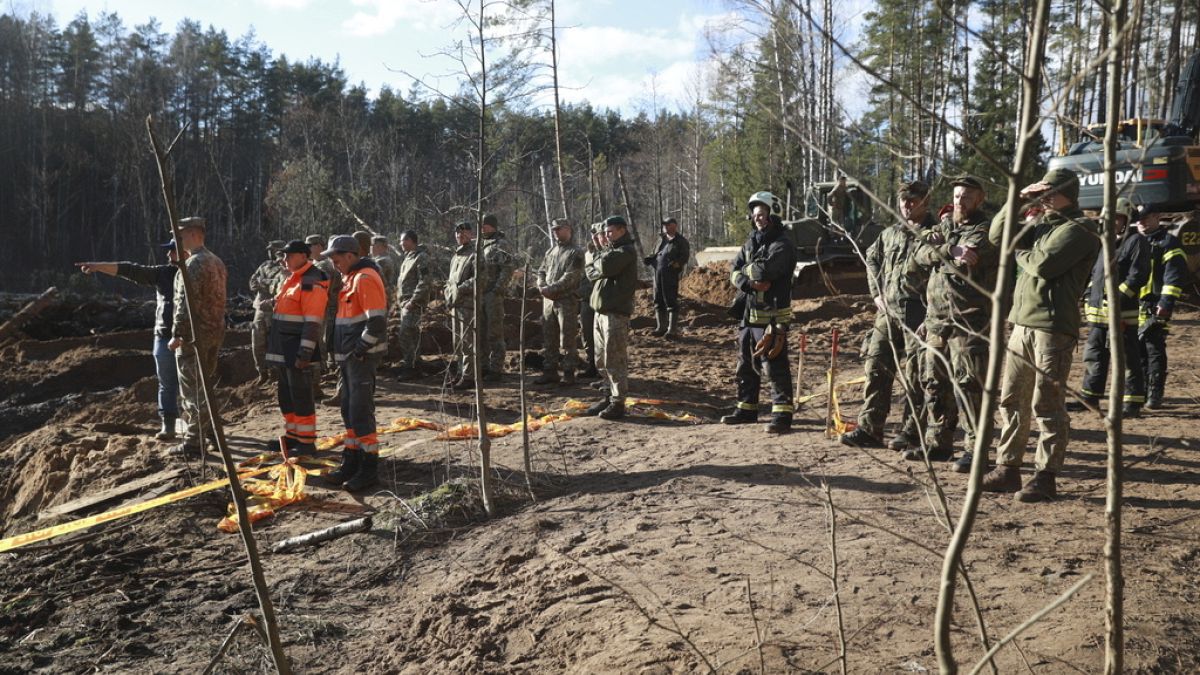
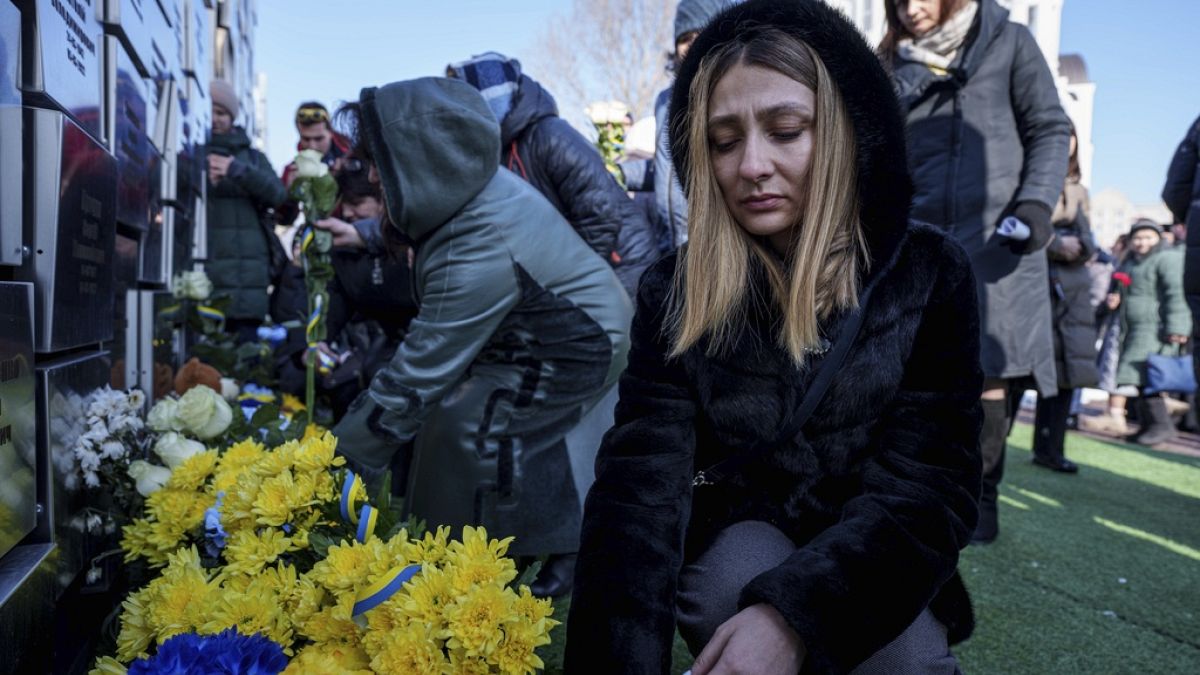
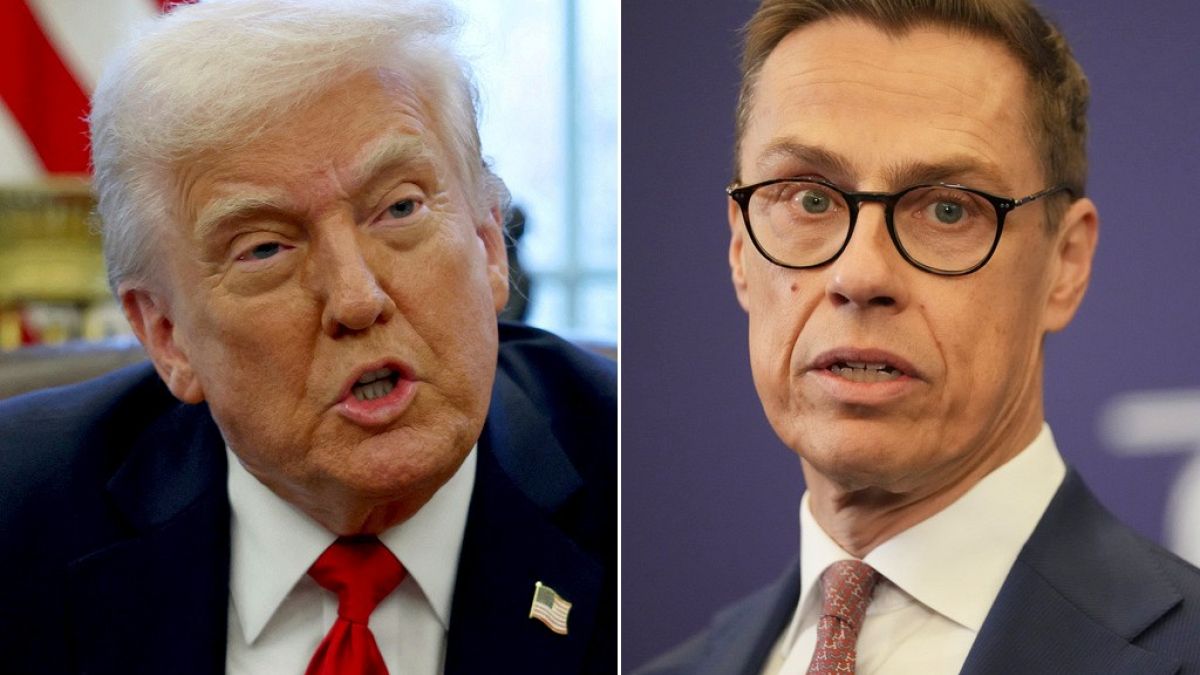
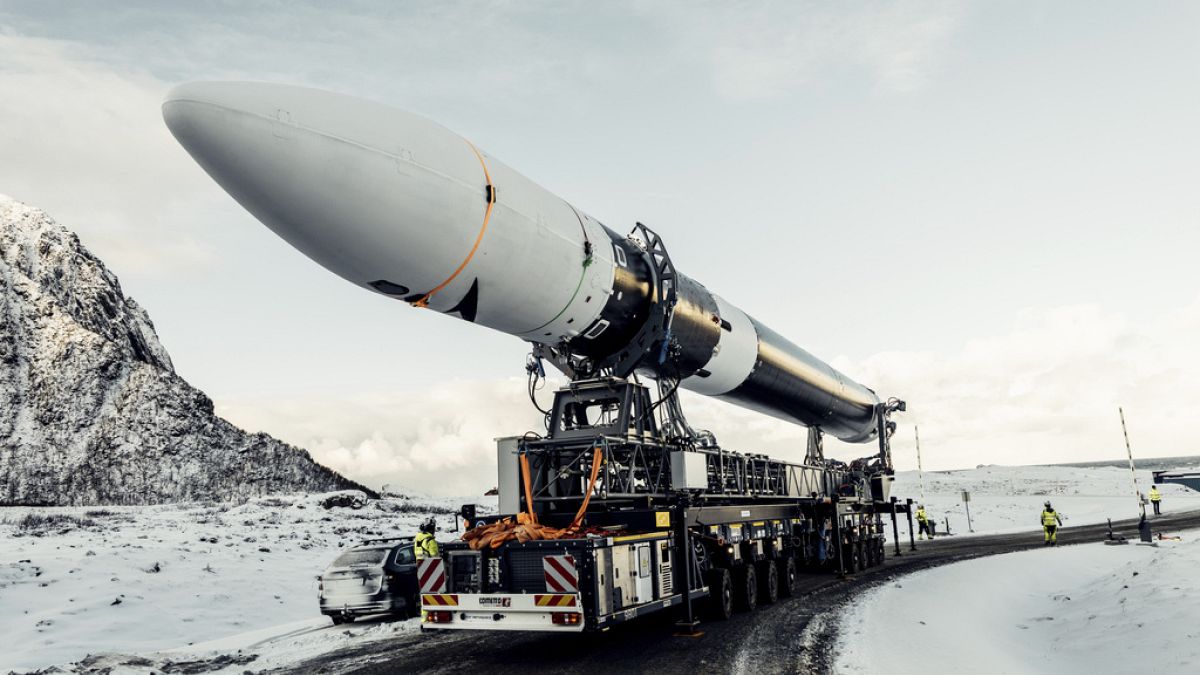
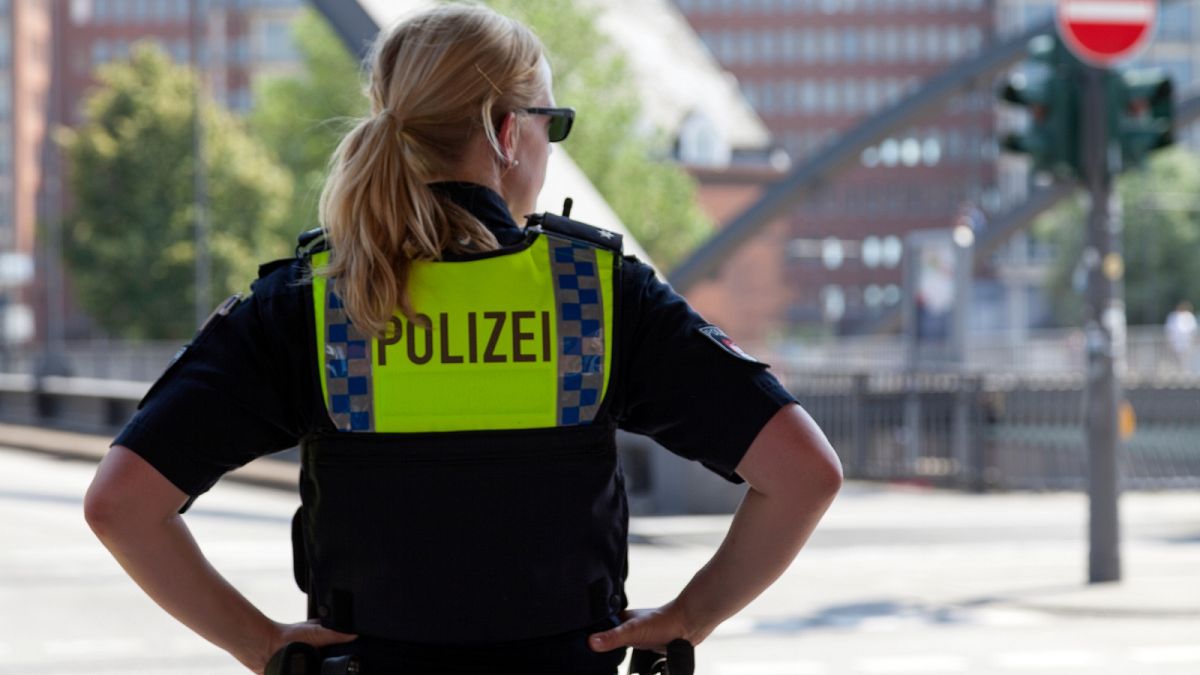
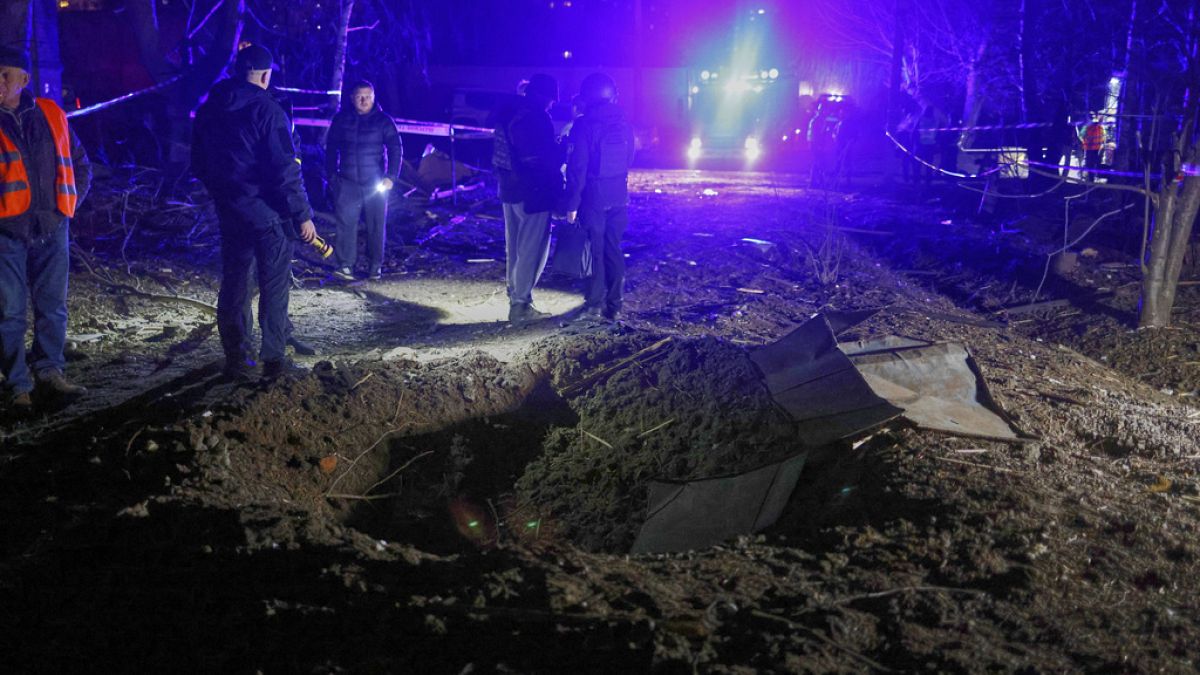
 We deliver critical software at unparalleled value and speed to help your business thrive
We deliver critical software at unparalleled value and speed to help your business thrive






 English (US) ·
English (US) ·